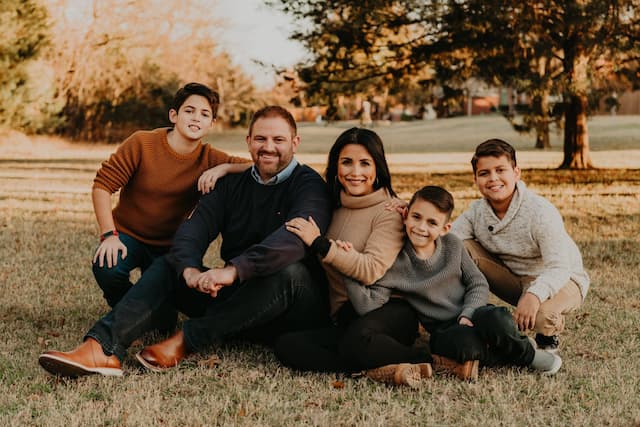
Author Camey Joy on How 'Our Brokenness Can Lead to Beauty'
Scars … we all have them. Some are external while others are buried so deeply in our soul that we lose sight of who we are at times. But there is hope. Our scars can literally transform us through the life we lead and what we learn from it.Author Camey...





